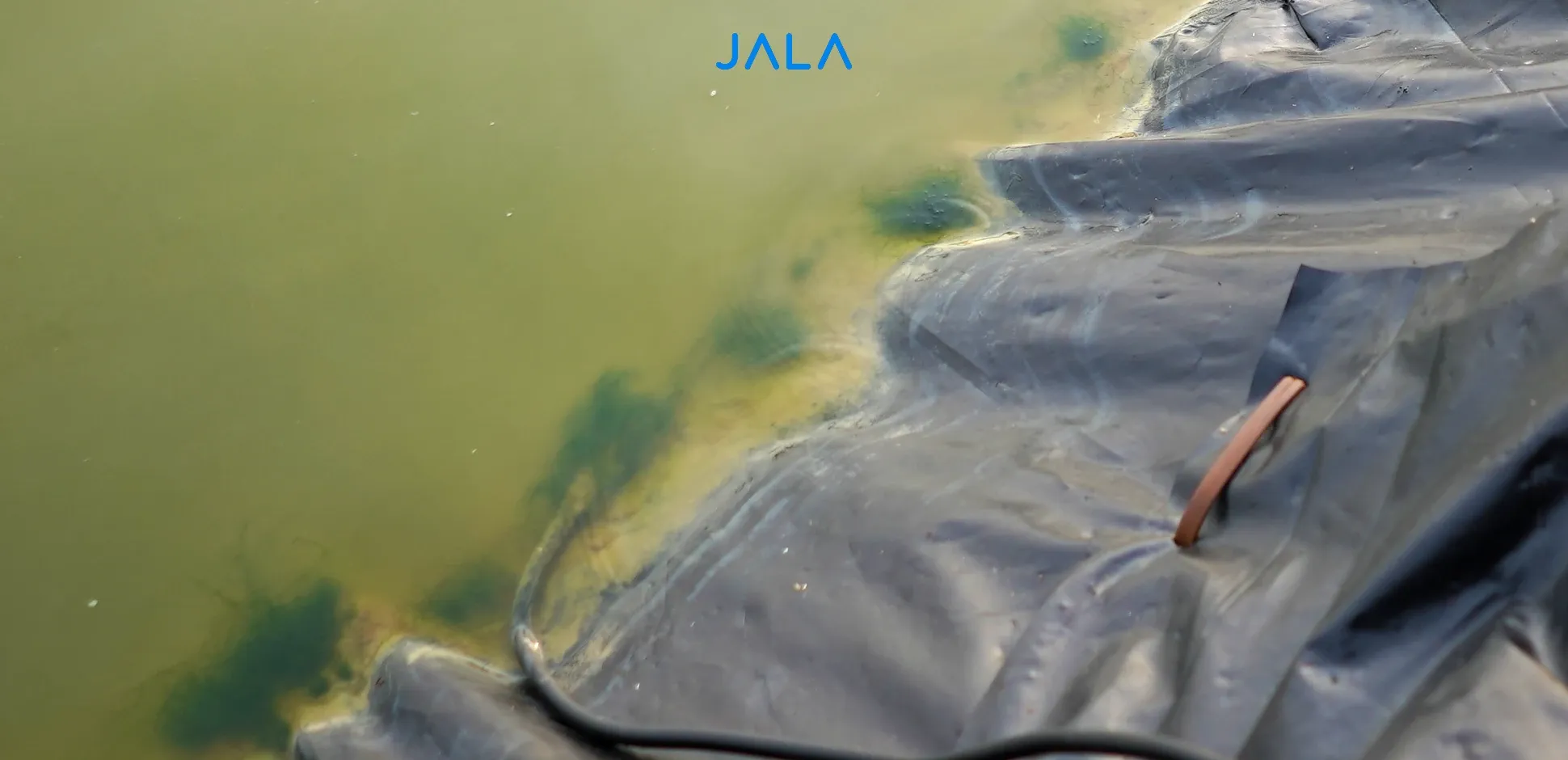
Moss are aquatic plants that often grow naturally in shrimp ponds. Their presence can serve as an indicator of ecosystem health, help prevent soil erosion, and contribute to oxygen production through photosynthesis.
In moderate amounts, moss can be beneficial to shrimp farming. However, when they grow excessively, they may cause various problems that disrupt the pond's ecosystem balance.
What causes moss to grow, what are their benefits, and what risks do they pose in shrimp ponds? How can they be controlled? Learn more in the discussion below.
Causes of Moss Presence in Shrimp Ponds
The appearance of moss in shrimp ponds is driven by several factors, ranging from water clarity to the accumulation of organic matter. Here is its brief explanation:
Excessive Water Clarity
When pond water is too clear, sunlight can easily penetrate to the bottom. This creates an ideal condition for moss to grow more rapidly.
Salinity Fluctuations
During the rainy season, the influx of large volumes of freshwater lowers the pond's salinity. When salinity drops, moss may grow more aggressively.
Poor Water Circulation
Inadequate water flow can lead to stagnant conditions in the pond. As a result, moss has the potential to grow excessively.
Lack of Pond Management
Insufficient maintenance, such as the lack of pond bottom cleaning or water quality management, may increase the likelihood of moss to grow rapidly.
Organic Matter Accumulation
Leftover feed and shrimp feces that are not removed can accumulate and promote moss growth. This organic matter serves as a nutrient source for the moss and accelerates their growth.
Benefits of Moss in Shrimp Farming
Within controlled amounts, moss can actually offer several benefits to shrimp farming, including
- Increasing dissolved oxygen — The photosynthetic process of moss helps raise the levels of dissolved oxygen in the water.
- Providing habitat for microorganisms — Moss can serve as a breeding ground for microorganisms that serve as a natural feed source for young shrimp.
- Absorbing organic waste — Moss helps in absorbing leftover feed and shrimp feces, helping to reduce organic buildup in the pond.





